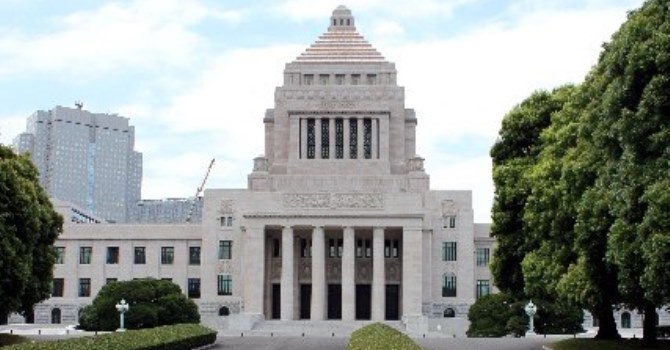
by Noriyuki Morimoto
There is a concept to make Tokyo the largest international financial center in Asia, although experts who know more about Japan’s financial situation tend to dismiss it as an unrealistic delusion.
The first challenge is English. English, not just as a language problem, but the need to establish the common law system in the same way as the US and UK in legal culture. An international financial center would need to be regulated by an internationally accepted legal system, and in the current world of international finance, the common law system has an overwhelming advantage.
This is not about translating Japanese law into English. Translation would be confusing rather than useless. For example, considering that trusts under the U.S. law are quite different from Japanese trusts, simply translating the word is a source of misunderstanding. It is necessary not to translate but to make Japanese trusts the same as trusts under common law.
Of course, we cannot change Japan’s entire legal system, so we need technical arrangements. One of such arrangements is the concept of national strategic special zones. The purpose of such zones has to be to create a special legal space within domestic law, allowing for exceptional treatment not only for legal affairs related to international finance, but also for a variety of legal fields including tax treatments, land use, and employment. Then, in these special zones, will the court make decisions based on common law as a means to ensure legal effect?
Special judicial systems operate in some specialized fields, such as marine accident inquiries. Given the high expertise required in financial transactions, shouldn’t there be consideration for establishing an independent special court in special fields such as cross border transactions, if not the entire financial system? Anyway, since laws work as laws only when their effect is ensured, the establishment of the judicial system is a critical element.
Then, will the trials be done in English? Setting aside lawyers, it’s hard to imagine judges speaking English under the present circumstances. However, assuming that non-Japanese parties will be involved in the litigations, to become a truly international financial center, it will have to be an English trial.
In any case, there is a serious issue of jurisdictional arrangements in contracts. Given the current situation of Japan, overseas participants in transactions are likely to be reluctant to set the jurisdiction in Japan. If the Japanese side makes a compromise and recognizes jurisdiction overseas, it becomes significantly disadvantageous to Japan. Again, if it is necessary to set the same conditions for litigation in Japan and litigation abroad, we need to change the judicial practice in Japan.

Chief Executive Officer, HC Asset Management Co.,Ltd. Noriyuki Morimoto founded HC Asset Management in November 2002. As a pioneer investment consultant in Japan, he established the investment consulting business of Watson Wyatt K.K. (now Willis Towers Watson) in 1990.

